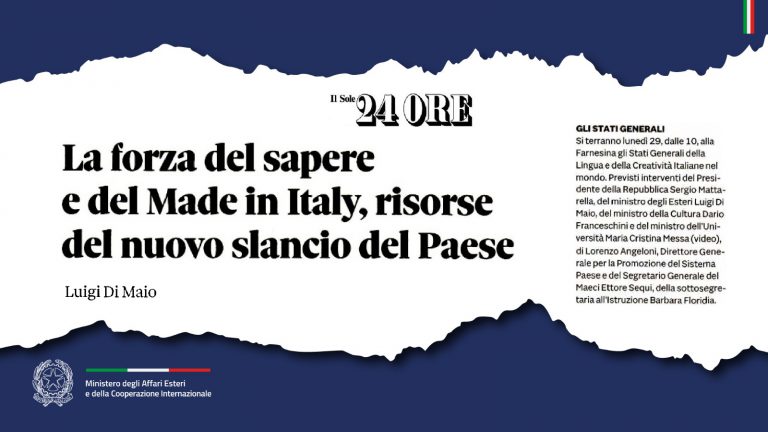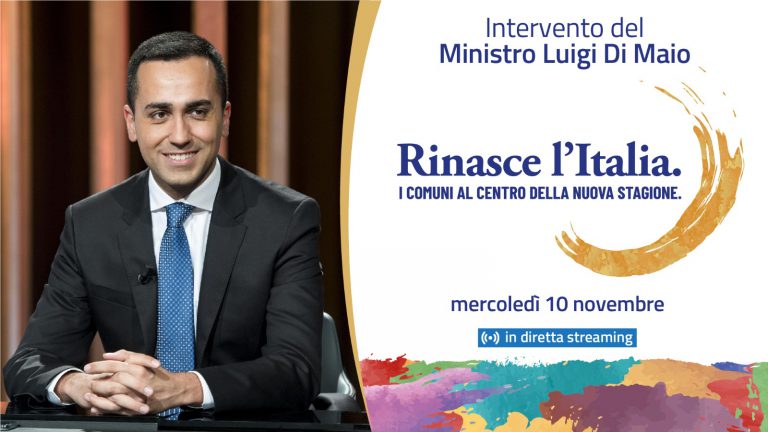Economic diplomacy to support Italian points of excellence on foreign markets
The “Farnesina Meets Companies” initiative will kick off from Turin tomorrow. The Minister of Foreign Affairs and International Cooperation, Angelino Alfano, will be there to illustrate the ways that the Foreign Ministry supports Italian companies on foreign markets also through the network of Embassies and Consulates in the world. It will only be one of the several events that Minister Alfano is scheduled to attend across the national territory over the next few months. He said: “In an increasingly complex and polycentric international scenario, in which regional crises and protectionist drifts coexist with the extraordinary opportunities open on emerging markets, economic diplomacy plays a key role in interpreting the dynamics of foreign markets, orienting our enterprises and guiding and supporting them in their relations with local authorities.”
A recent survey by Prometeia, presented at Confindustria last 31 January, has estimated that the “Foreign Ministry’s support to the international activities of Italian enterprises in 2015 contributed 1.1% to Italy’s GDP, 6.7 billion euros in tax revenue and 234,000 jobs also through the direct, indirect and induced effects on the Italian production system of the contracts won abroad,” recalled Minister Alfano.
These are undoubtedly encouraging figures although they also indicate the existence of a broad growth margin for companies that only limitedly know and use the support instruments made available by the Ministry of Foreign Affairs and International Cooperation and by other public agencies. The “Farnesina Meets Companies” initiative aims precisely to improve the SMEs’ degree of knowledge and use of economic diplomacy instruments, and supplements other initiatives already underway with other institutional partners such as the Roadshow for SMEs promoted by the Situation Room for Internationalisation. Minister Alfano emphasised: “It is precisely for the smaller-sized enterprises which, even if they have a surplus production, are often not structured and prepared enough to tackle international markets, that the guidance provided by the diplomatic and consular network can really make a difference.”



